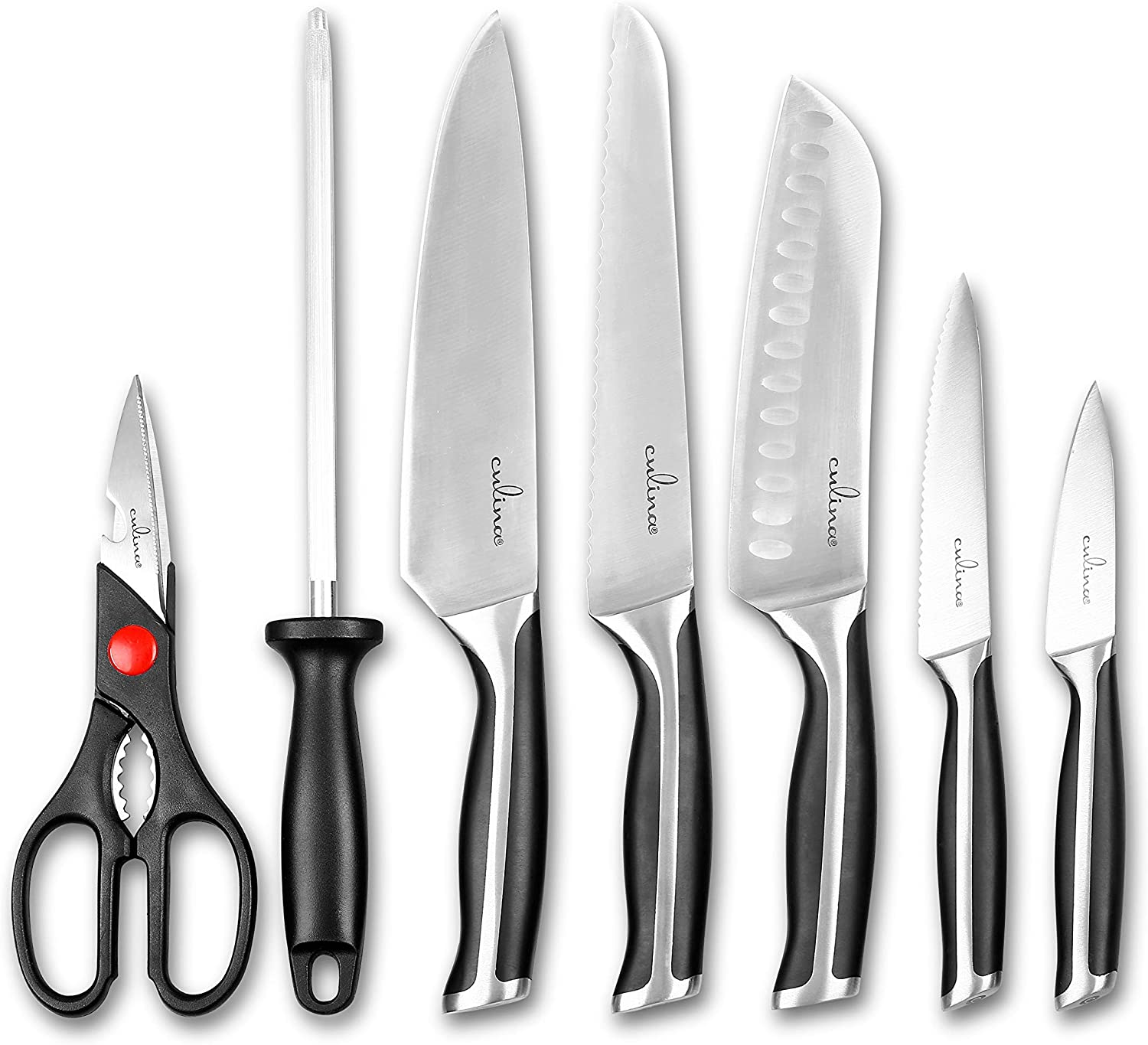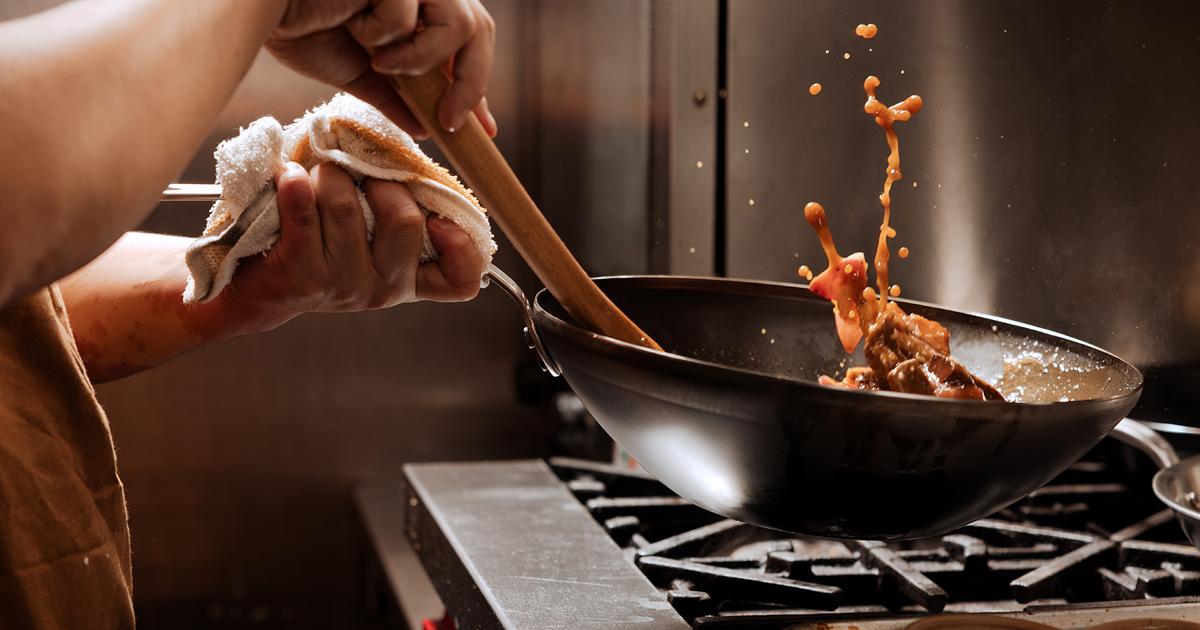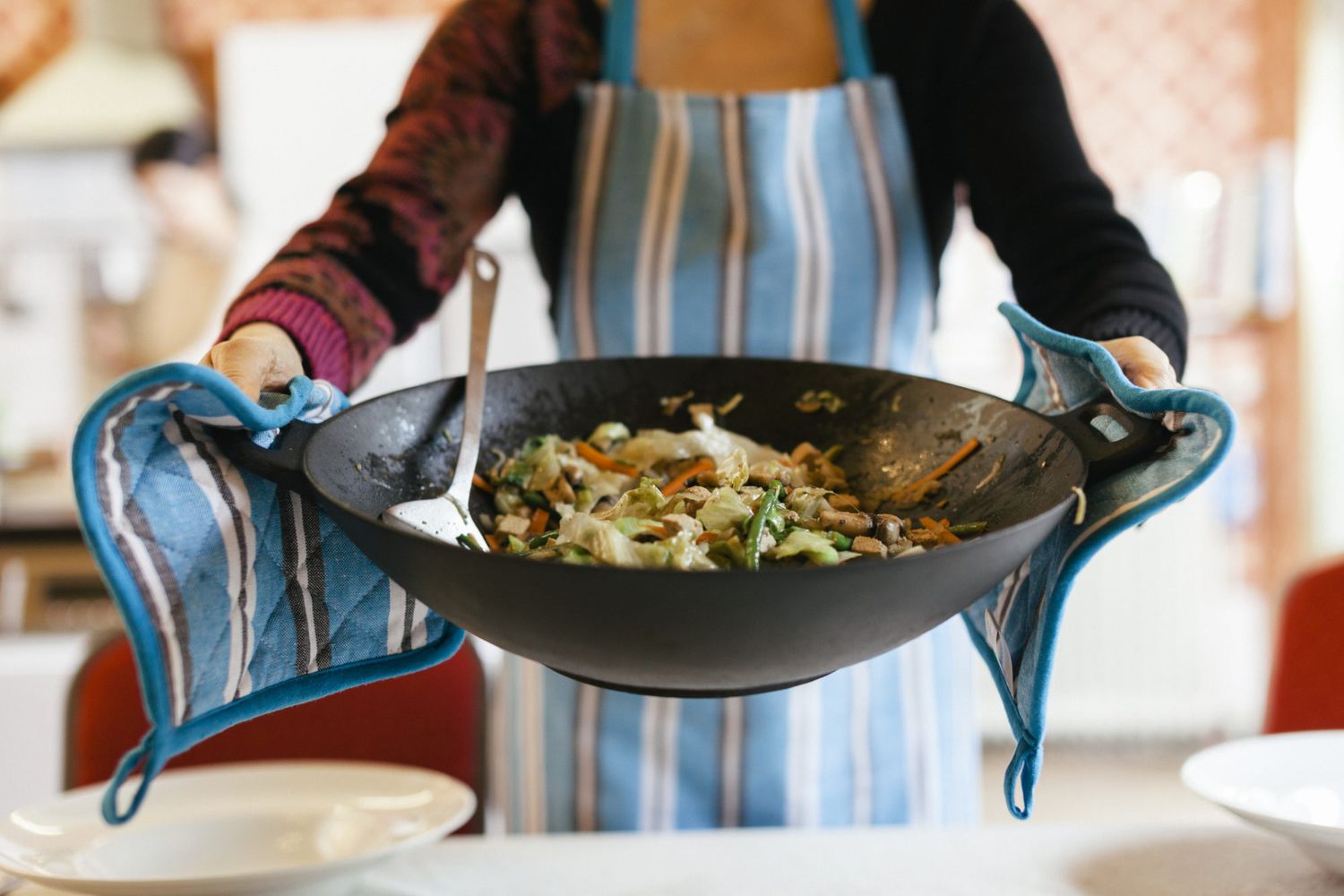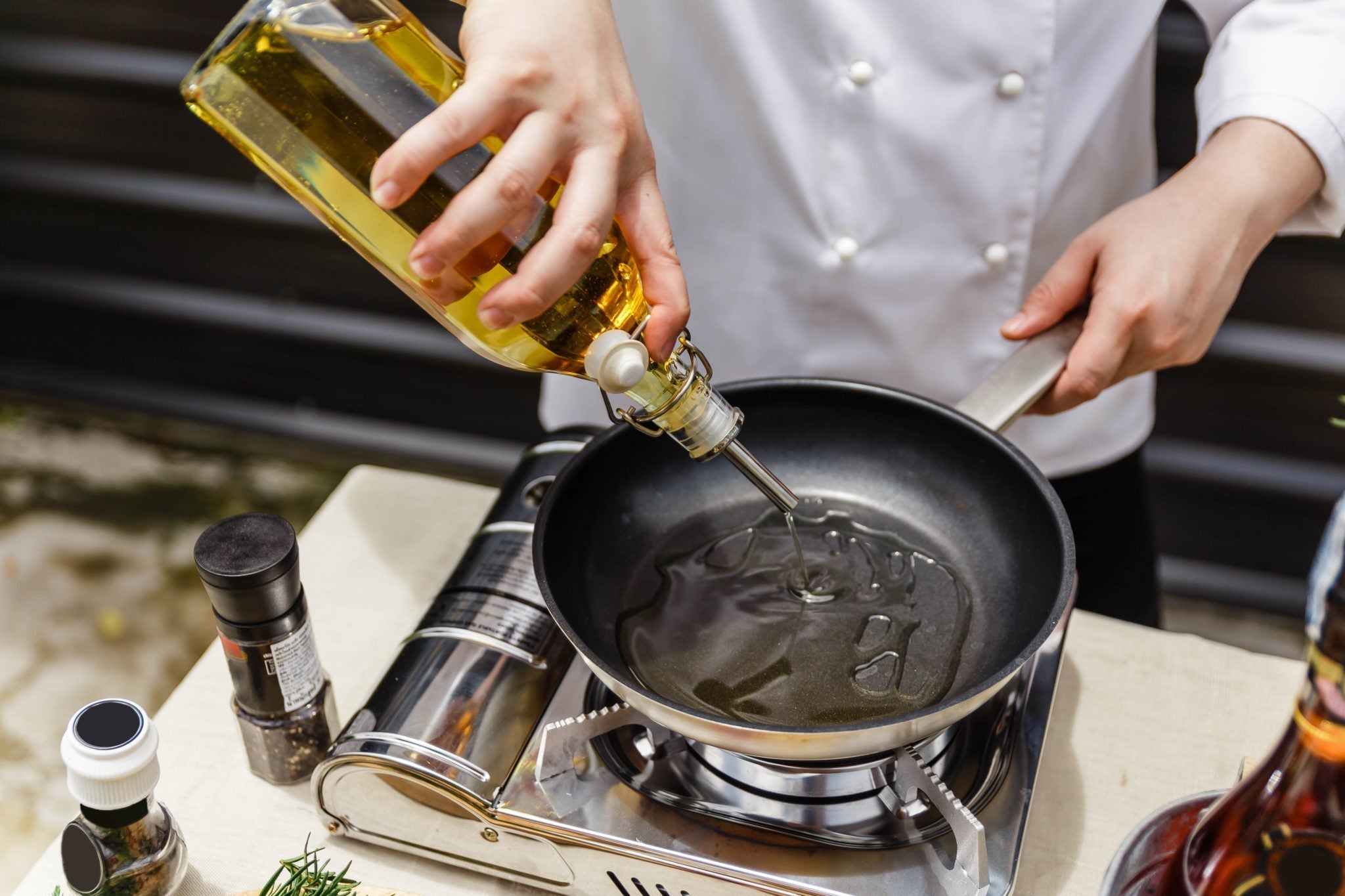For kitchen professionals, mastering the art of cooking requires the right tools and techniques, one of which is knowing how to season a steel wok. A properly seasoned wok enhances flavors, prevents food from sticking, and can significantly improve your culinary creations. If you're looking to elevate your cooking game, read on to discover the nuanced process of seasoning a steel wok.

Understanding the Importance of Seasoning
Before we dive into the how to season a steel wok process, lets discuss why seasoning is essential. Seasoning helps create a natural non-stick surface on the wok, which is crucial when stir-frying. A well-seasoned wok can withstand high heat, distribute it evenly, and create those signature 'wok hei' flavors.

Choosing the Right Steel Wok
Before you start seasoning, it's vital to select a high-quality steel wok. Look for woks that are made of 14-gauge carbon steel. This material heats quickly and retains heat effectively, making it ideal for high-temperature cooking. Additionally, it ages beautifully over time, developing a natural patina that enhances its non-stick properties. For more information on choosing a wok and its types, you may refer to this Wikipedia article.
:max_bytes(150000):strip_icc()/WokSills101-StirFrying-VickyWasik1-947e9de8656942a185a124d561050d8e.jpg)
The Seasoning Process Step-by-Step
Now, let's get into the nitty-gritty of how to season a steel wok. Follow these steps:
1. Clean the Wok
Begin by thoroughly cleaning your new steel wok. Use hot, soapy water and a scrubber to remove any factory oils or residues. Once cleaned, rinse it well and allow it to dry completely.
2. Heat the Wok
Place the wok over high heat on your stove. Gradually heat it until it changes color and starts to emit a thin layer of smoke. This heating process is crucial as it opens the pores of the steel, making it ready for oil.
3. Applying Oil
Once the wok is hot, add a high smoke-point oil, such as flaxseed oil or grapeseed oil. Use a paper towel to spread the oil across the surface evenly. Be cautious of the heatit can be quite intense. Aim for a thin and even layer.
4. Controlling the Heat
After applying the oil, reduce the heat to medium. Allow the oil to smoke for about 15-20 minutes. This process helps the oil polymerize, creating a protective layer on the wok. Keep the windows open to ventilate the area.
5. Cooling Down
Once the oil has smoked sufficiently, remove the wok from the heat. Let it cool down, and it will solidify into a non-stick surface.
6. Repeat the Process
For optimal results, repeat the oil application process 2-4 times to build a more robust seasoning layer. Each seasoning will deepen the wok's color and improve its non-stick properties.

Using and Maintaining Your Seasoned Wok
After how to season a steel wok, maintaining it is key. Here are some tips for upkeep:
1. Cleaning After Cooking
After each use, its best to clean your wok with hot water and a soft sponge. Avoid using soap as it can strip away the seasoning. If theres stuck-on food, consider using a bamboo spatula or scraper.
2. Drying the Wok
Always dry your wok immediately after cleaning to prevent rust. You can place it over low heat for a minute to ensure it's thoroughly dried.
3. Re-season as Needed
If you notice food starting to stick or the surface changing color, it might be time to re-season your wok. Follow the steps mentioned above for re-seasoning.
Common Mistakes and How to Avoid Them
Even seasoned chefs can make mistakes during the seasoning process. Here are some common pitfalls:
1. Overheating the Wok
Excessive heat can cause the wok to warp or develop hot spots. Always control the temperature while applying oil.
2. Skipping Cleaning
Neglecting to clean the wok before seasoning can lead to imperfections in the seasoning layer. Always ensure your wok is spotless before starting.
Frequently Asked Questions
1. How long does it take to season a steel wok?
Seasoning a steel wok typically takes around 1-2 hours, including multiple oiling sessions.
2. Can I use any oil for seasoning?
It's best to use oils with high smoke points, such as grape seed or flaxseed oil, for effective seasoning.
3. What if my seasoned wok starts to rust?
If rust appears, scrub it off with a mild abrasive and re-season the wok to restore its non-stick surface.
For more tips on wok cooking, check out this article on wok cooking.
As an Amazon Associate, I earn from qualifying purchases.






Leave a comment
This site is protected by hCaptcha and the hCaptcha Privacy Policy and Terms of Service apply.